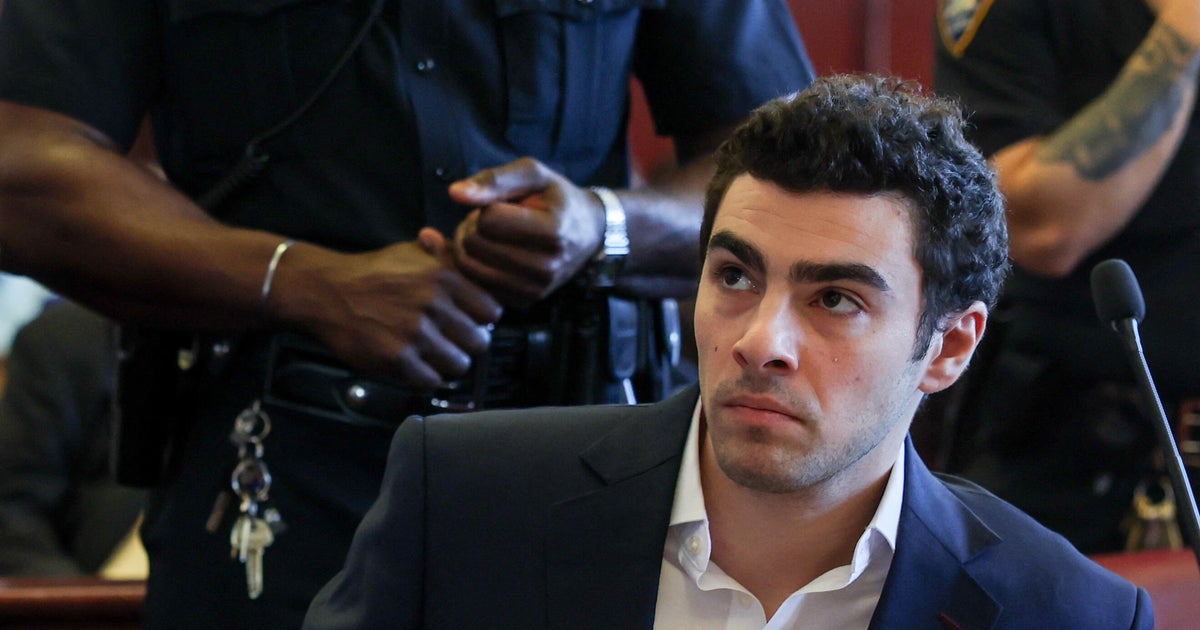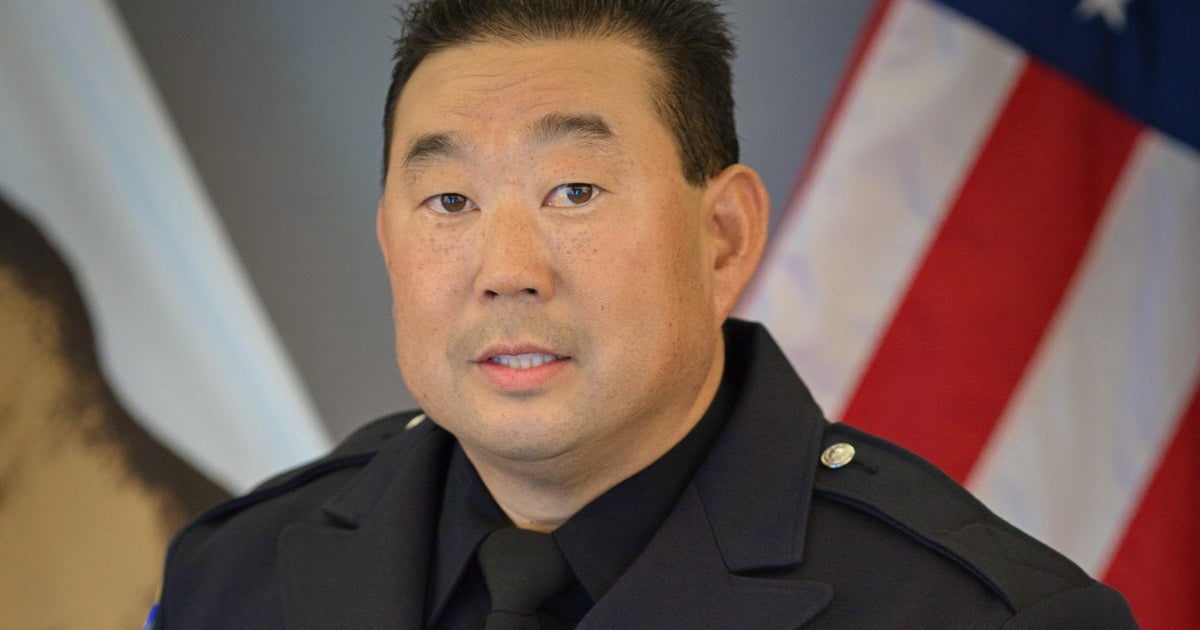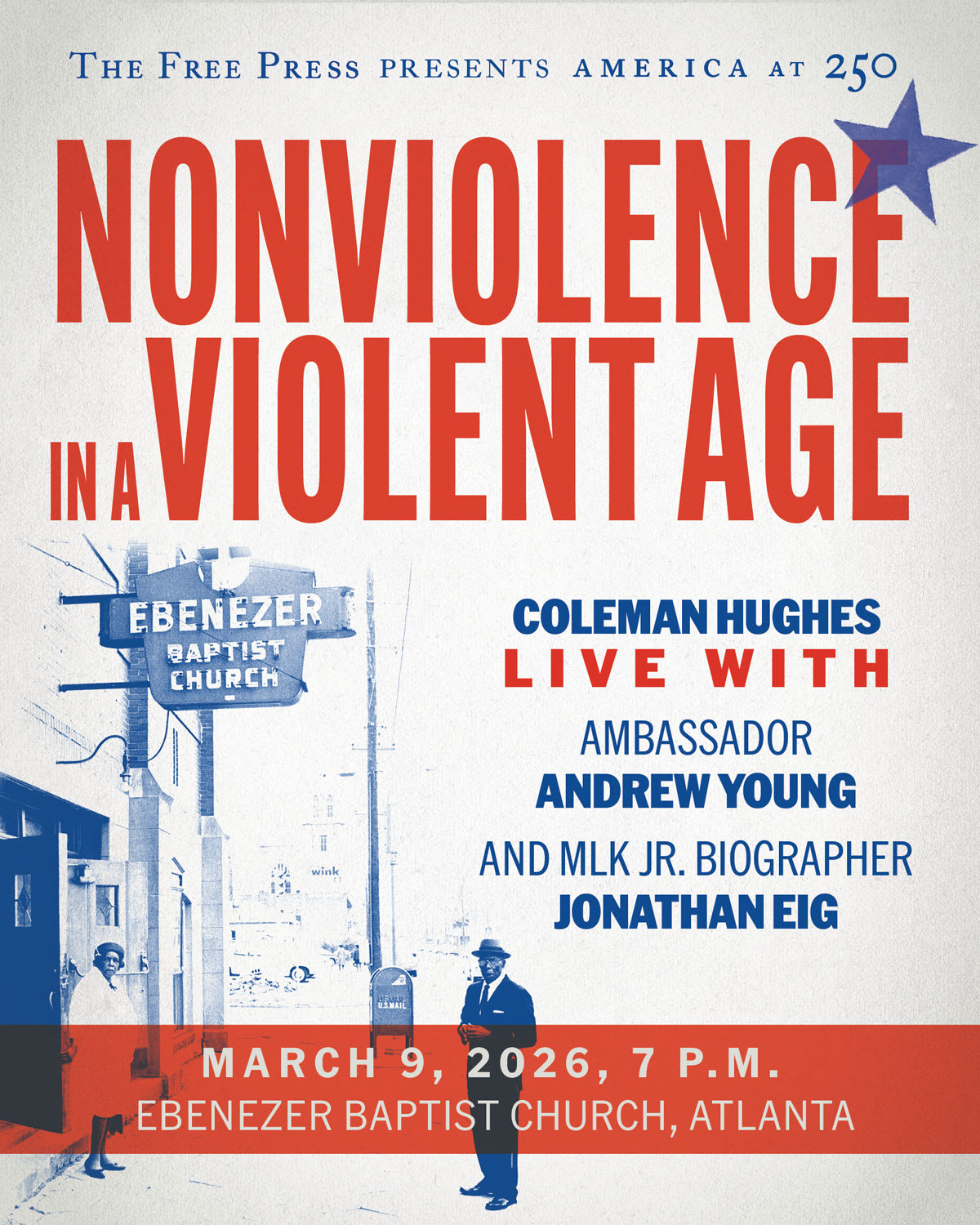Church bombing case still open
It took nearly four decades after the killing of four black girls in a church bombing for Thomas Blanton's case to come to trial — and just two-and-a-half hours for a jury to convict him.
The former Ku Klux Klansman was convicted of murder Tuesday for the 1963 attack, the deadliest single act of violence during the civil rights movement.
Blanton, 62, was sentenced to life in prison. Before he was led out of the courtroom in handcuffs, he was asked if he had any comment.
"I guess the good Lord will settle it on judgment day," he said.
Blanton was accused of helping other Klansmen plant a powerful bomb that went off at the Sixteenth Street Baptist Church on Sept. 15, 1963, a Sunday morning.
Click here to learn more about the civil rights movement of the 1950s and '60s.
The blast killed 11-year-old Denise McNair and 14-year-olds Addie Mae Collins, Cynthia Wesley and Carole Robertson.
The girls were preparing for a worship service when the bomb tore through a wall of the church, which had become a downtown rallying site for civil rights protesters seeking an end to racially segregated water fountains and lunch counters.
The jury of eight whites and four blacks had heard a week of arguments and evidence, including audiotapes secretly recorded 37 years earlier.
During the deliberations, jurors said, they prayed, discussed the evidence and replayed the secretly recorded FBI tapes in which Blanton was heard talking about making the bomb.
On one tape, Blanton was heard telling a Klansman-turned-informant he would not be caught "when I bomb my next church."
Defense attorney John Robbins said the jury's speed showed it was caught up in the emotion of the infamous case and claimed the lack of white males on the jury hurt his client.
Robbins said he would appeal for a new trial, citing the judge's refusal to move it out of Birmingham and the use of the tapes. Robbins contends the tapes were inadmissible, illegally recorded and violated Blanton's right to a speedy trial.
Blanton was the second former Klan member put on trial in the bombing. Robert Chambliss was convicted of murder in 1977 and died in prison.
As Blanton was led from the courtroom, questions were raised about when, and if, prosecutors would attempt to try Bobby Frank Cherry, the only other living suspect in the bombing.
Both men were indicted last year and had been scheduled to go to trial at the same time, but Circuit Judge James Garrett delayed Cherry's trial because of questions about his mental competence.
"Now it's time to go after Cherry. I am tired of hearing about his mental competency. They have tried mentally retarded black men," said the Rev. Abraham Woods, a black minister.
Prosecutor Doug Jones said no decision would be made until an evaluation of the 71-year-old Cherry's competnce was completed.
Another suspect, Herman Cash, died without being charged.
The church bombing case was reopened following a 1993 meeting between FBI officials and black ministers. It was the latest from the turbulent civil rights era to be revived by prosecutors.
Byron De La Beckwith was convicted in 1994 of assassinating civil rights leader Medgar Evers in 1963, and former Klan imperial wizard Sam Bowers was convicted three years ago of the 1966 firebomb-killing of an NAACP leader.
©MMI Viacom Internet Services Inc. All Rights Reserved. This material may not be published, broadcast, rewritten, or redistributed. The Associated Press contributed to this report



